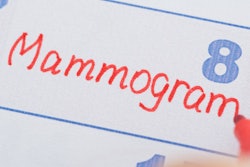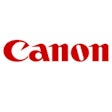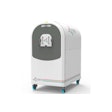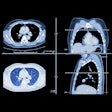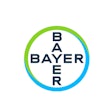
Individuals should be screened for colorectal cancer earlier than the recommended age of 50, according to a study published online January 31 in JAMA Network Open.
The study analyzed data from Louisiana State University Health's Louisiana Tumor Registry and the U.S. National Cancer Institute's Surveillance, Epidemiology, and End Results (SEER). It found that by the time patients begin recommended screening for the disease -- between the ages of 49 and 50, the age the U.S. Preventive Services Task Force (USPSTF) recommends for screening -- cancers have already spread: Colorectal cancer incidence increased by 46.1% in this age group of patients, and 92.9% of these cases were invasive.
"The findings of this study indicate that the burden of early-onset of colorectal cancer incidence for 45- to 49-year-olds has been underestimated because asymptomatic colorectal cancers were not detected due to lack of screening," Dr. Xiao-Cheng Wu, director of the Louisiana Tumor Registry at LSU Health New Orleans School of Public Health, said in a statement released by the university.
Lead author Dr. Jordan Karlitz of the Southeast Louisiana Veterans Health Care System and Tulane University and colleagues investigated colorectal cancer rates between January 2000 and December 2015 in one-year age increments, starting at the age of 30 and continuing to age 60. The results were also stratified by U.S. region and patient sex, race, disease stage, and tumor location.
Karlitz's group analyzed a total of 170,434 cases of colorectal cancer. The team found sharp increases in the incidence of colorectal cancers from 49 to 50 years of age.
"As the diagnosis of many of these colorectal cancers was delayed to ages after 50, advanced stage was more likely present at diagnosis," Wu said in the statement. "This study provides useful evidence for improving colorectal cancer screening policy."







